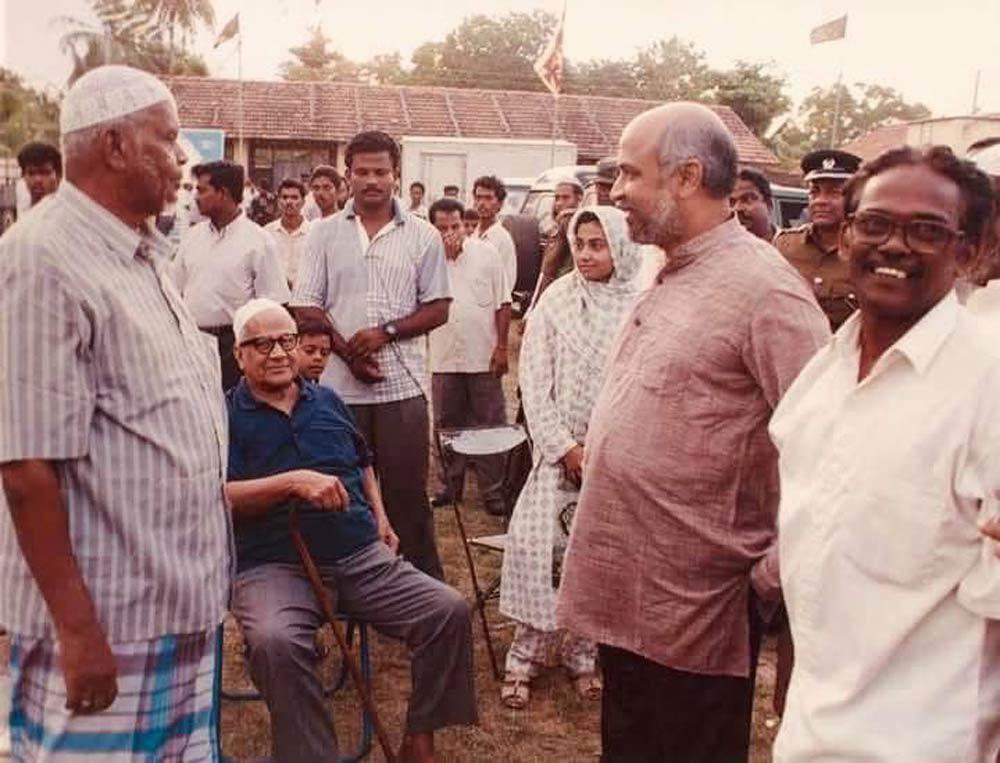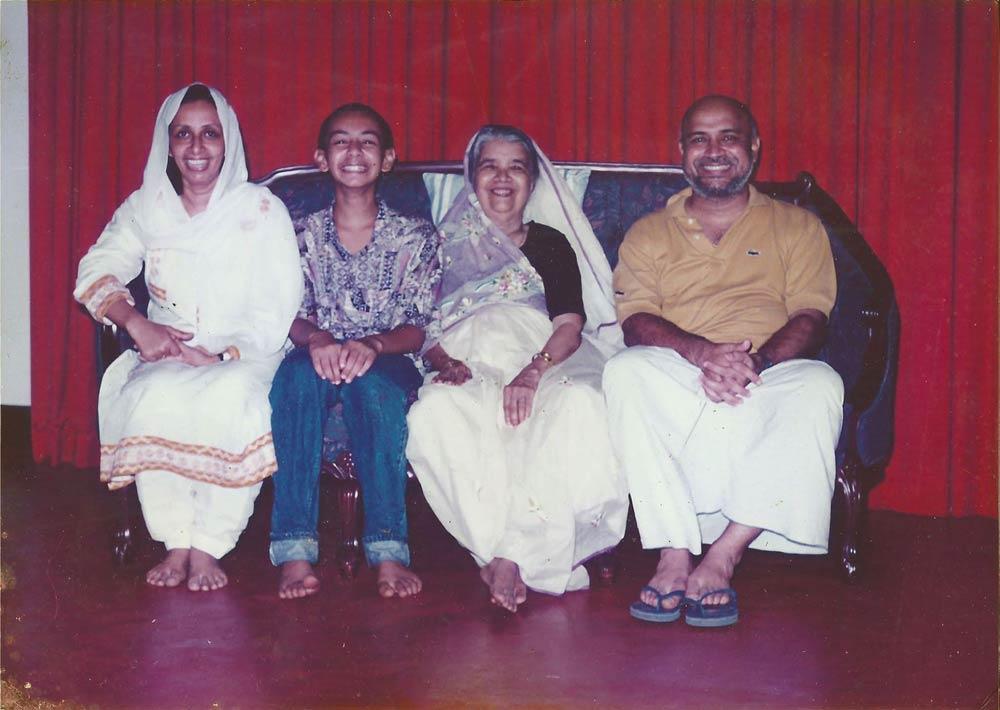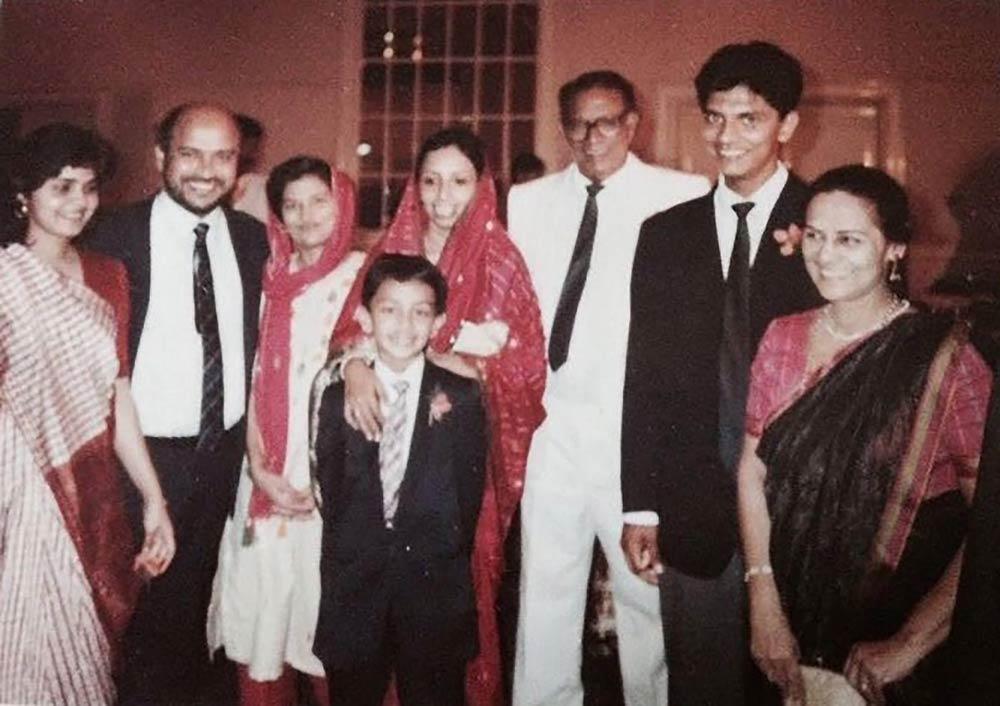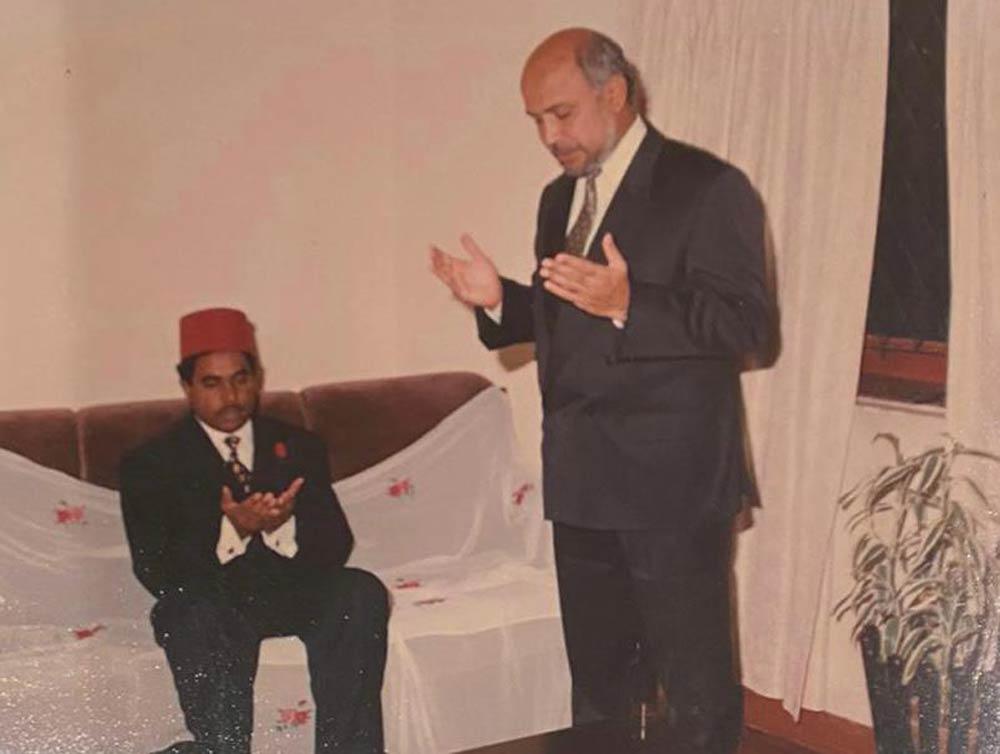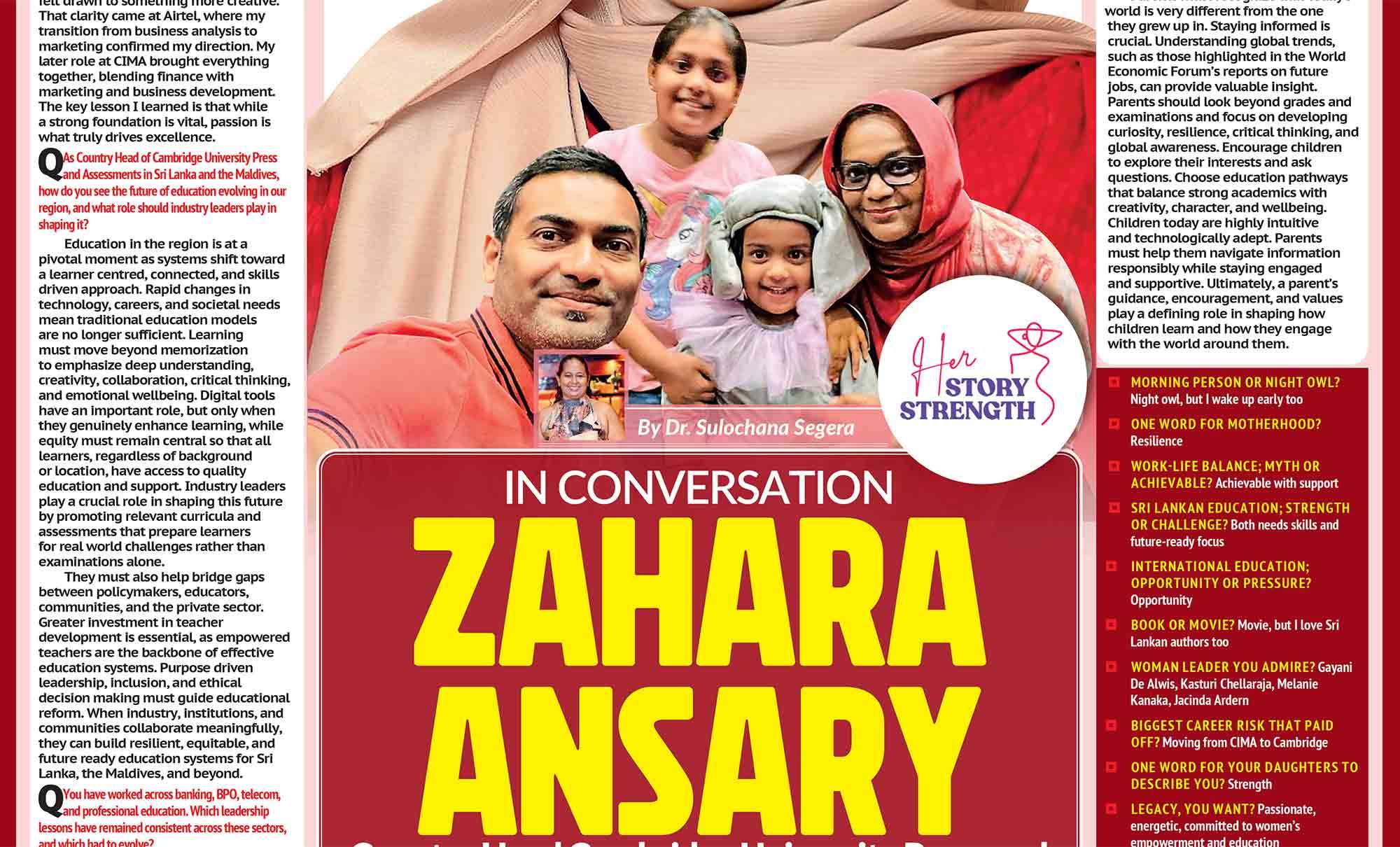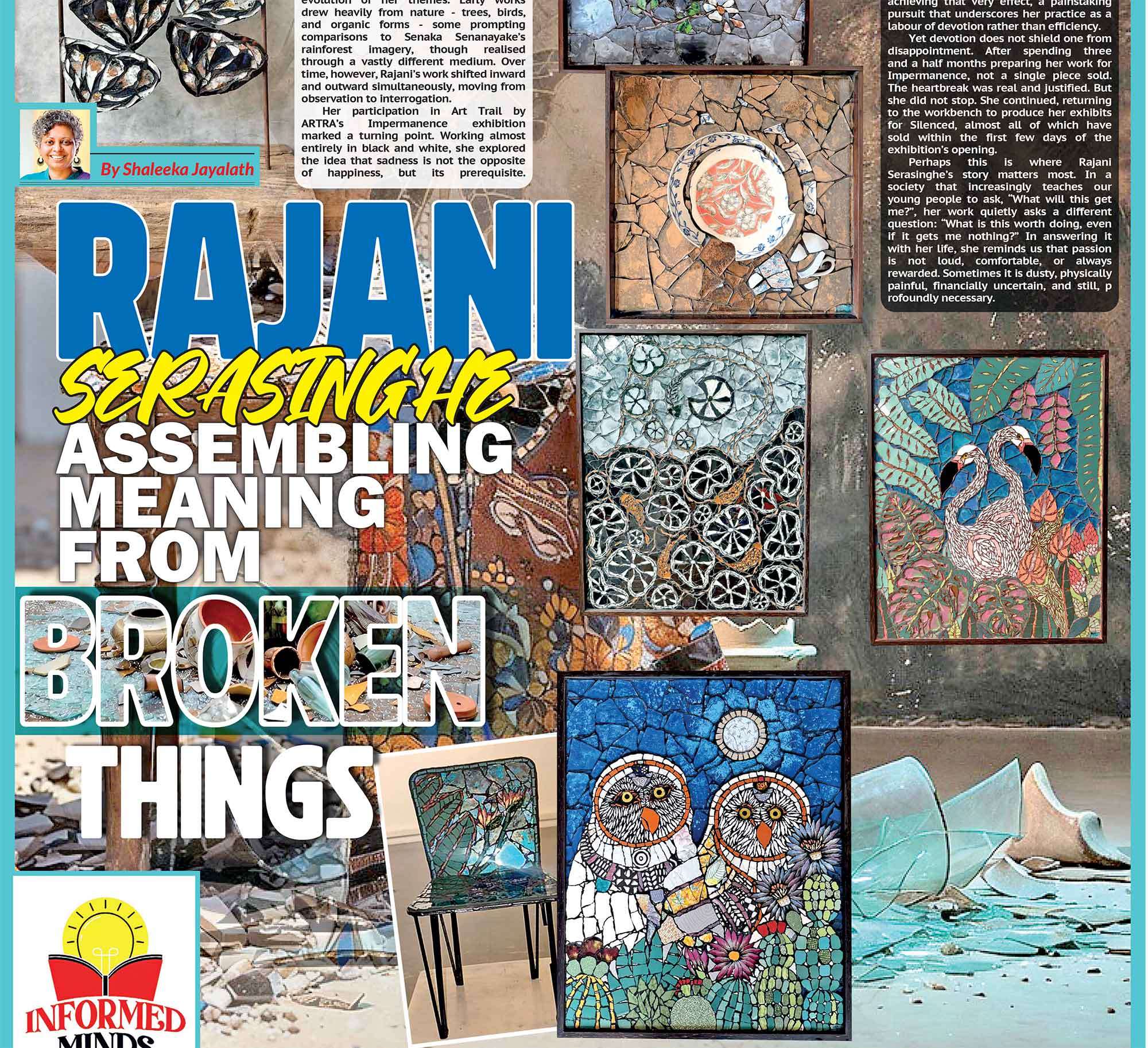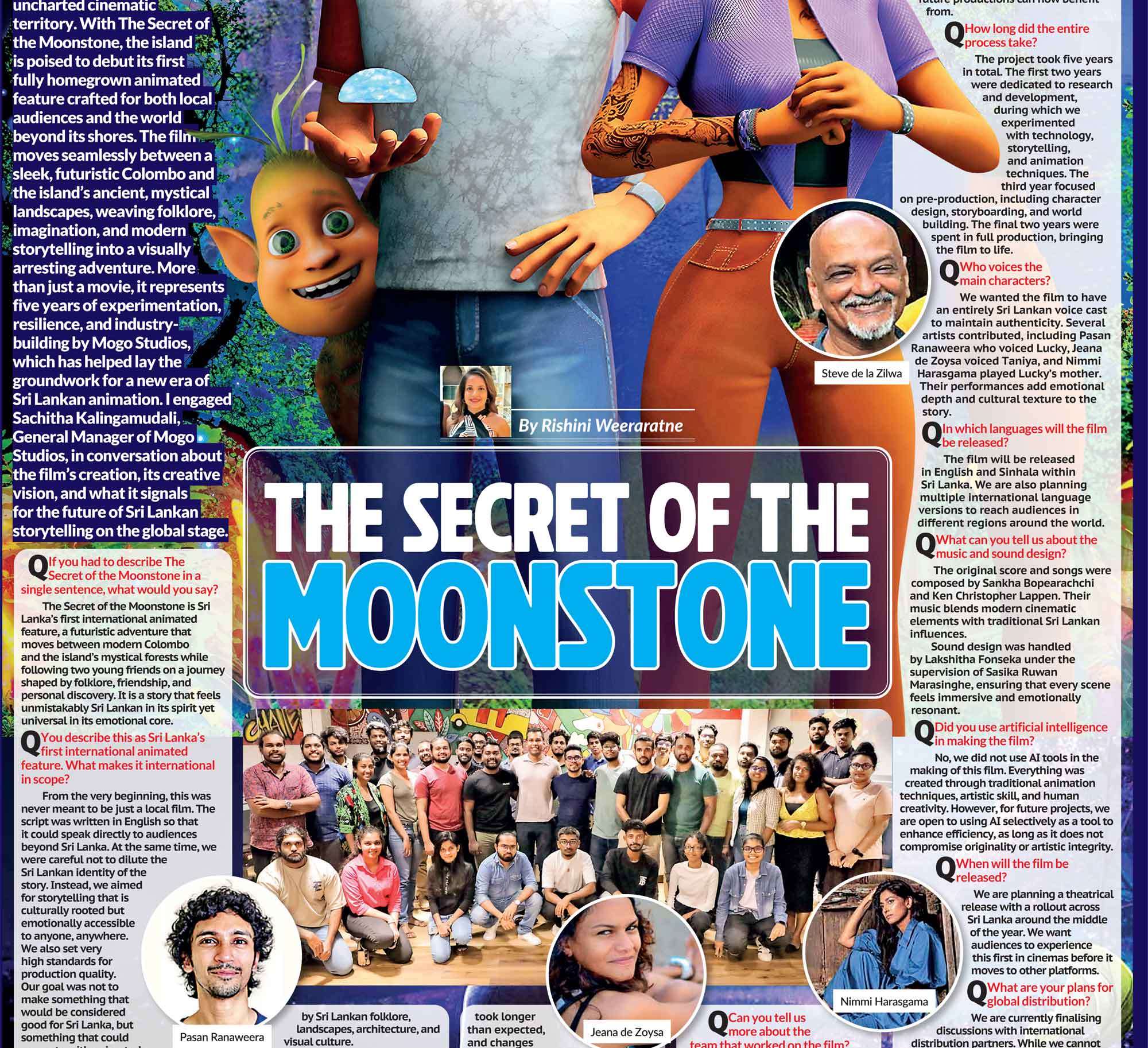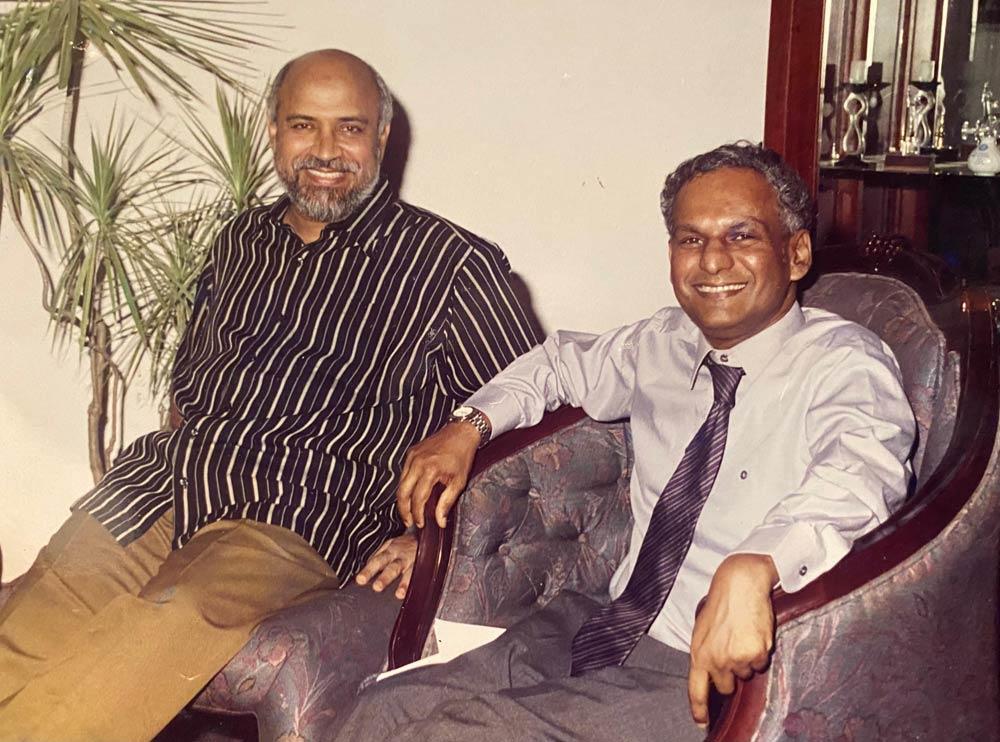
In education, we often emphasise the mastery of subjects, be it mathematics, science, history, or literature. Yet, one of the most neglected aspects of learning is the study of character. Growing up, my grandfather introduced me to the book Profiles in Courage authored by then US Senator John F. Kennedy, which featured the stories of eight US Senators who demonstrated political courage by taking unpopular stands for the public good, often risking their careers and facing criticism from their parties and constituents. As a teenager, the book made a dent, encouraging me to pause and reflect upon the breadth and depth of integrity in a leader. What makes a leader rise above the ordinary? What compels an individual to move beyond personal ambition and commit to principles that outlast them? These are not abstract philosophical questions. They are lessons that, if understood well, can shape the values of an entire generation.
Recently, on the occasion of the 25th anniversary of the passing of Mr M.H.M. Ashraff PC, a proverbial association of ideas had me traversing down memory lane once again, revisiting the life of Ashraff in the context of character. To the public, he was known as a parliamentarian, lawyer, and leader who commanded large audiences with his eloquence and vision. But beyond the speeches and the headlines was a private figure whose inner life reveals much about what it means to lead with integrity. It is this quieter portrait that offers us, and especially our students, the most enduring lessons.
Those close to him often spoke of his discipline and rigour. Ashraff was a man who valued words, weighing them carefully before speaking. In an age when many confuse leadership with noise, his ability to listen was striking. This was not silence born of indifference, but a deliberate attentiveness to others, a recognition that dignity begins with allowing another person to be heard. For students preparing to take their place in a noisy, competitive world, this reminder, that strength can be quiet, is as valuable as any textbook formula.
He was also deeply principled in his professional life. Trained as a lawyer, Ashraff brought into politics a lawyer’s sense of fairness, an insistence on process, and a deep respect for justice. Yet, what made him exceptional was his ability to temper this professional sharpness with human warmth. To his family and those who worked closely with him, he was approachable, never too busy to make time for a conversation or to offer guidance. This balance, between the public demands of leadership and the private commitments of care, is a rare quality in deed, and one worth holding up to young people as an example of integrity in action.
But what makes Ashraff unforgettable are not just the policies he fought for but the small, caring details of his life. When he met someone for the first time, his instinct was not to impress them with rhetoric but to ask: “Have you had a cup of tea? Have you eaten?” This impulse to feed others was so much a part of him that he even admired controversial figures in history for their willingness to provide for the hungry. At home, he once requested his wife to always keep a pot of rice ready, in case anyone dropped by at lunchtime, generosity for him being not a political slogan but a way of living. He loved meeting people, especially when he returned to his hometown. Hugs for him were not staged photo opportunities; rather, they were extensions of a genuinely sincere heart, tempered with concern for human beings.
Even in personal encounters, Ashraff’s imagination was evident. On a train journey in 1975, he first met the young lady who would soon become his wife. What struck her was not only his intelligence but his compassion for the suffering of others. He spoke of a visionary idea: a cable car system to ease the journey for pilgrims climbing Sri Pada. What impressed her was not the technicality of the idea but the motivation behind it – in other words, his relentless desire to ease human burdens.
His commitment to personal growth was most clearly seen in his dedication to learning languages. Convinced that true citizenship demanded the ability to move across linguistic boundaries, Ashraff brought home a tutor every morning during his time in Colombo to study Sinhala from 4.30 to 5.30 a.m. He applied the same rigour to language as he did to law and politics, knowing that without Sinhala he could neither converse with people across the country nor engage fully in parliamentary debate. More importantly, he encouraged others to do the same, insisting that one was only a third of a citizen until one had mastered all three languages of Sri Lanka. It was not a slogan for him but a discipline, a daily act of commitment to the ideals of inclusivity and national belonging.
Ashraff’s intellectual life was no less significant. He was a voracious reader, engaging with ideas well beyond the boundaries of politics. Literature, philosophy, and religion all shaped his worldview. He believed that a leader should not simply react to circumstances but must cultivate a mind prepared to think beyond the immediate. It is a lesson in the importance of curiosity and breadth of learning - traits our education system too often overlooks in the rush towards examination results. For him, knowledge was not a credential; it was a tool for service.
For all his achievements, Ashraff remained deeply human in his awareness of sacrifice. When a close friend asked him, after he became a minister, whether he was satisfied with all he had achieved, he confessed to one lingering regret: had he spent enough time with his family, especially his only son. Even on the busiest of days in Colombo, he never ended the night without quietly stepping into his son’s room to say goodnight, the single exception being on the eve of his fatal journey. Despite all the accusations of ambition, here was a man who carried the quiet worry of every parent - whether he had loved enough, whether he had been present enough.
Ashraff’s detractors often labelled him a racist, pointing to controversies like the construction of the Dighavapi Model Village. But how could a man who founded an institution for interreligious dialogue, who believed in equality across divides, ever be confined by such a label? If anything, such accusations reveal how quick society is to slander those who dare to dream differently. His humility, humour, and refusal to be trapped by pretension stand as the clearest answers to such mischaracterisations. Leadership, for him, was not a costume to be worn but a responsibility to be lived out daily.
On 16th September 2000, Ashraff’s life was cut short in a tragic accident. This year marks twenty-five years since that untimely loss. A quarter of a century on, what remains most relevant is not only his public achievements (which are as many as they are significant) but the example of the private man whose discipline, humility, and integrity shaped everything else.
For educators and students alike, there is much to learn here. We often measure success by achievements that can be counted - degrees earned, positions held, institutions built. But
Ashraff’s life reminds us that the unseen qualities of patience, humility, discipline, and intellectual curiosity are what truly shape a leader. These are some of the qualities profiled by John F. Kennedy. These are the qualities that endure when titles fade and the applause dies down. They are also the qualities our education system must find ways to cultivate if we are serious about forming citizens, not just workers.
If we remember Ashraff only for his politics, we miss the fuller truth. His legacy endures in the quiet compassion he so consistently lived out - a man who strove to bridge divides, who disciplined himself to grow, who believed that service, not status, defines a life, and who never forgot that leadership must first and foremost be about care. On the twenty-fifth anniversary of his passing, the invitation before us is not simply to honour his memory, but to reflect on the kind of education we value today. Are we shaping young people only to chase success, or are we also cultivating the deeper qualities of empathy, resilience, and vision that make for true leadership? The answer to that question may well decide the calibre of the next generation.
